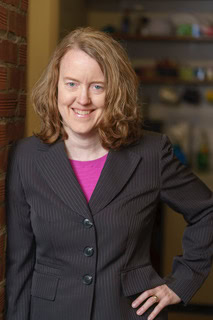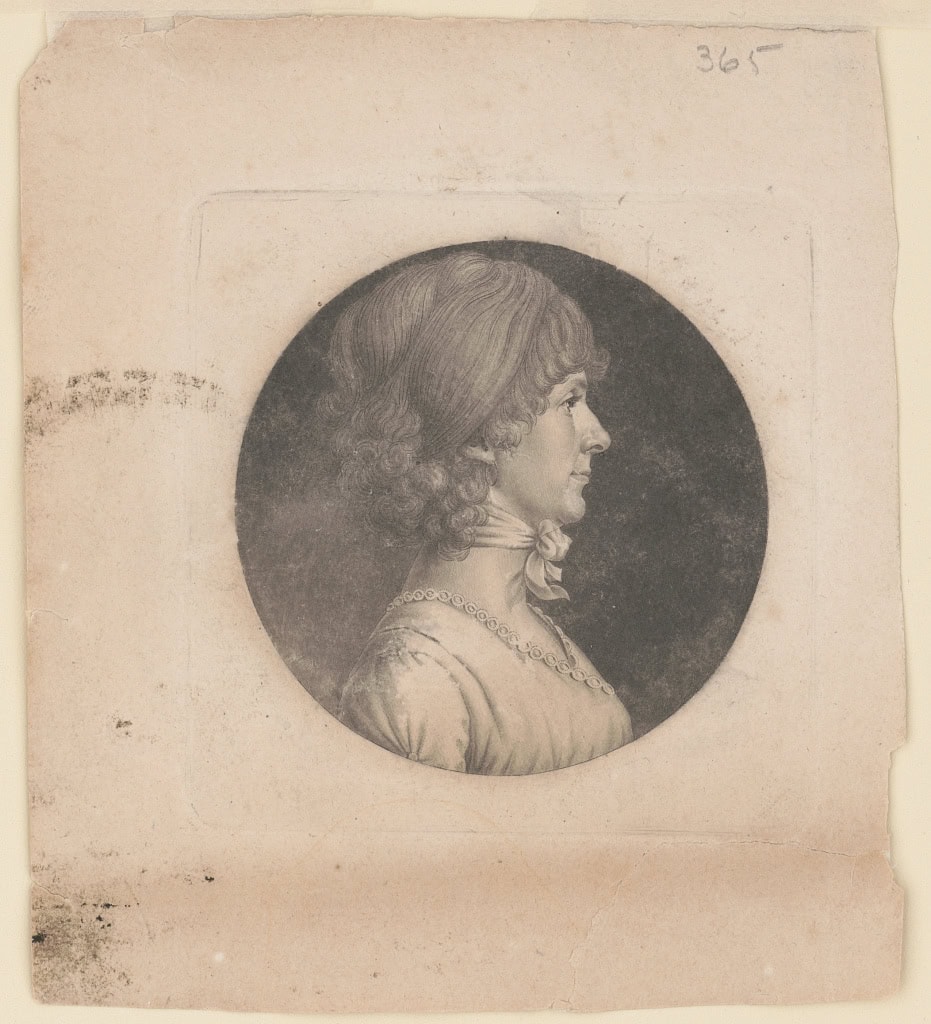Kelly King-O’Brien is a lecturer and associate director of writing in the majors at Cornell University. She lives in Ithaca, New York, and has been a member since 2003.
Kelly King-O’Brien is a lecturer and associate director of writing in the majors at Cornell University.
Alma maters: BA (neuroscience), Oberlin College, 1994; MA (history), Harvard University, 2002; MA (history), University of Chicago, 2003; PhD (history), University of Chicago, 2012
Fields of interest: post–World War II US history, civil rights history, race and ethnicity, Jewish studies, and labor history
Describe your career path. What led you to where you are today? While I was working on my PhD, I taught history, but I also taught writing to first-years at the University of Chicago and trained graduate students how to teach writing. I eventually became an assistant director of the Writing Program at the University of Chicago. Its Little Red Schoolhouse curriculum has pervaded my teaching and writing in every respect, and when I went on the job market, I applied for history jobs as well as a couple of writing ones, and I got the Cornell job. I was not sure I wanted the job at first, but when I visited it felt like a good fit, and there are perks to being the only historian in the Knight Institute (Writing Program).
At Cornell, my primary task is to teach writing, but being a historian has shaped my responsibilities here. I periodically teach a first-year writing seminar in history, entitled Post–World War II America: Crisis and Continuity, which renews my passion for the field, and reminds me of how important it is to teach undergraduates how to use historical thinking to understand and try to contemplate solutions to contemporary crises. Also, I work with history graduate students regularly when I train them how to teach writing in their history first-year seminars or in TAships. Some of them have contemplated “plan B” jobs that involve teaching writing, and I aid them in that endeavor.
What do you like the most about where you live and work? Ithaca is a beautiful place to live and it is surprisingly diverse and progressive for a small town in the middle of nowhere. I love that I can teach what I want to teach in all of my courses and determine how I want to teach it, whether it is a course on the New Yorker or a graduate writing course. I have the freedom to explore the best writing out there with my students and keep them captivated about contemporary news while writing to the public, not just people in academia. I also treasure mentoring and co-teaching with graduate students.
What projects are you currently working on? My article, entitled “’Names and Appearances Are Often Indeterminate:’ Quandaries over Identifying Jews in Chicago, 1953–1961,” was recently published in theJournal of the Illinois State Historical Society (Spring 2017). I remain fascinated by the intersection of anti-discrimination sentiments, ongoing but less visible discrimination, and changing attitudes towards racial and ethnic groups in the years after World War II.
Have your interests evolved since graduation? If so, how? My research interests have not changed that much, but my teaching has evolved tremendously. Students are engaged by what is going on in the world around them, and I wanted them to write intelligently about these events and controversies, while reading excellent writing by people who pay attention to how to write to specific readers and do so well. So while I am not a journalist, I find that using the New Yorker is an excellent vehicle for both stimulating students as well as teaching them how to write.
What’s the most fascinating thing you’ve ever found at the archives or while doing research? When I was doing research in the Pauli Murray Papers at the Schlesinger Library at Radcliffe Institute, I found an envelope that contained a letter Murray wrote to Eleanor Roosevelt. Inside that envelope, some pressed flowers Murray had sent her still remained, and I was so touched by that.
What do you value most about the history discipline? History gives me the tools to understand the historical connections to contemporary problems without oversimplifying them. Thinking about current problems as a historian offers me and my students a deeper appreciation for the origins and causes of a problem as well as change over time, without lapsing into generalities that state a problem has “always” existed.
Why is membership in the AHA important to you? As a historian who is not in a “history” job, I sometimes struggle with my identity as a historian, so as a member, I still feel like I am a part of the profession.
AHA members are involved in all fields of history, with wide-ranging specializations, interests, and areas of employment. To recognize our talented and eclectic membership, AHA Todayfeatures a regular AHA Member Spotlight series.
This post first appeared on AHA Today.
This work is licensed under a Creative Commons Attribution-NonCommercial-NoDerivatives 4.0 International License. Attribution must provide author name, article title, Perspectives on History, date of publication, and a link to this page. This license applies only to the article, not to text or images used here by permission.



